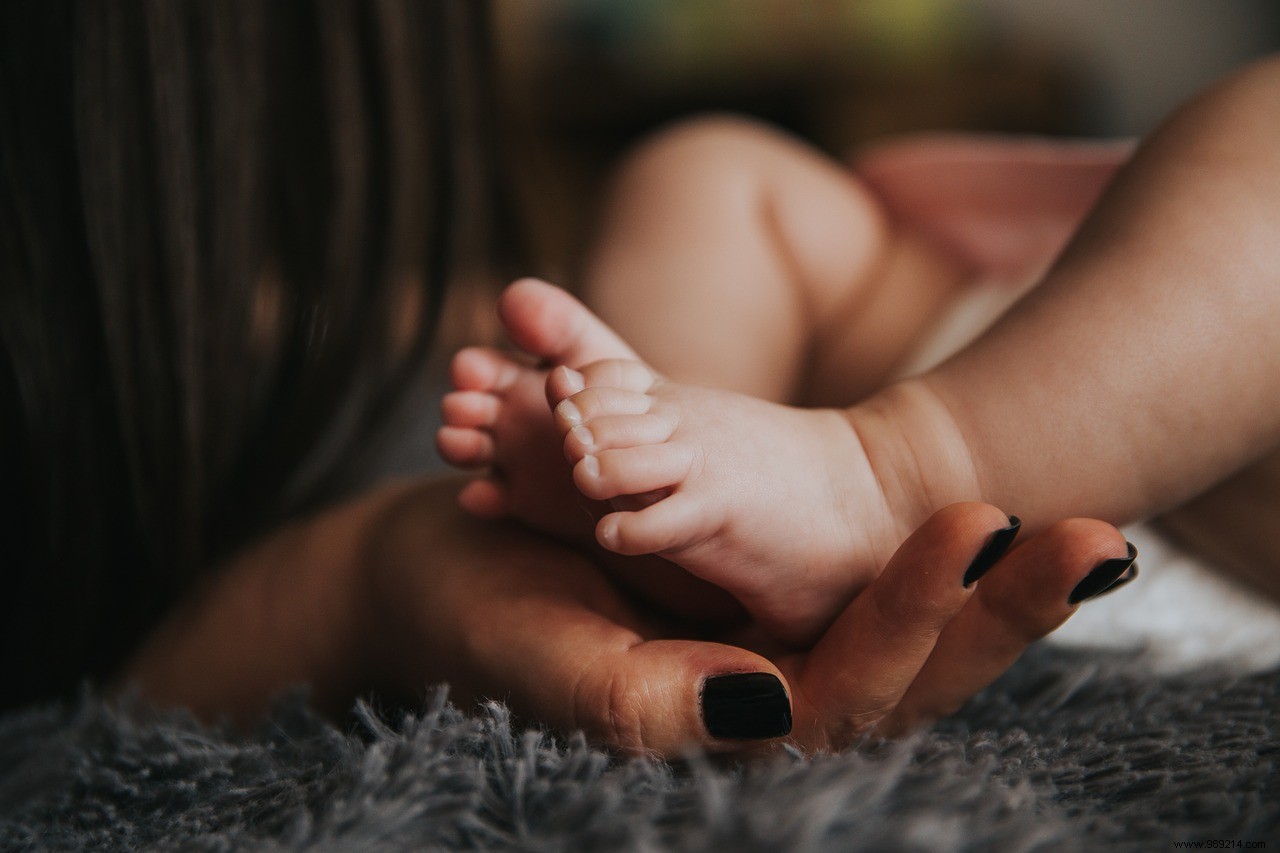Giving attention to a baby can help shape their hormonal system for future social interactions, suggests a study published in the journal Science Advances .
Oxytocin is a hormone involved in our social interactions. It is what builds trust and closeness in our relationships with others. It can be triggered by eye contact, a feeling of empathy or a hug, for example.
As part of the mother-baby relationship, we knew that the mother's oxytocin levels can influence her behavior. And therefore his bond with the baby. Researchers recently wanted to know if the behavior of mothers could also have an impact on the development of the oxytocin system of their children.
The short answer, it seems, is yes.
Infancy is a "malleable" period of postnatal development. While our genes largely determine our bodily systems, these can be influenced by our interactions with other people . Or by our environment. It is at this precise moment that our future psychological and behavioral trajectories are established.
For this study, Kathleen Krol and Jessica Connelly of the University of Virginia recruited 101 mothers and their five-month-old babies. The idea was to leave each mother and child alone in a room for five minutes, with a book and a few toys.
Meanwhile, the researchers were analyzing their interactions and degree of closeness of the mother with the baby. By assessing how she reacted to her baby's distress, the amount of visual and physical contact, among others.
The same experiment was then repeated when the babies were 18 months old. During these two sessions, saliva samples from the mother and infant were taken for analysis.

The researchers then found that epigenetic changes had occurred in the baby's oxytocin receptor gene, and that these changes were predicted by the quality of participation of the mother in the play session (touch, chatter). “ Greater maternal involvement therefore appears to have the potential to regulate the oxytocin system in infants ” , summarizes Kathleen Kro.
They also think these results don't just apply to moms. “ Our hypothesis is that the behavior of the father and other caregivers also influences this system ” .
Emma Meaburn of the University of London found the study very interesting, but said it was still too early to offer advice on parenting. “ Krol’s team only looked at one region on a gene and it is unlikely that complex human behavior could be reduced to this genetic difference ” , she explains.
Source
Related Articles: